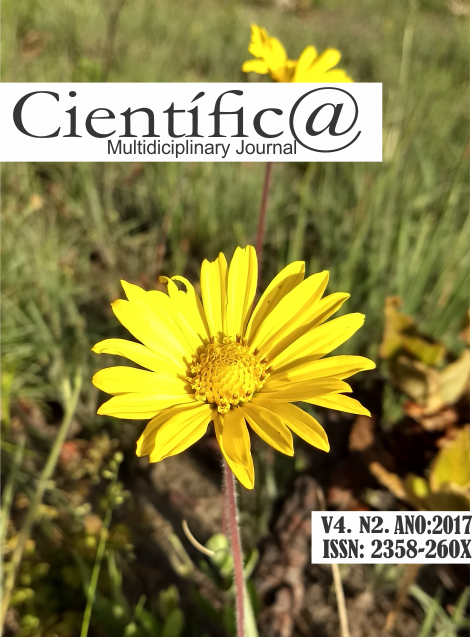EFETIVIDADE PROCESSUAL VERSUS PROJETO “CONCILIAR É LEGAL” INSTITUÍDO PELO CONSELHO NACIONAL DE JUSTIÇA
DOI:
https://doi.org/10.29247/2358-260X.2017v4i2.p137-158Resumo
Analisa-se no presente artigo o princípio da efetividade processual à luz da Constituição Federal de 1988 e a política empreendida pelo Conselho Nacional de Justiça (CNJ) no movimento “Conciliar é Legal”. Considerou-se os estudos da doutrina pátria e da jurisprudência do STF, para refletir acerca de normas subjacentes ao princípio da efetividade processual, a saber, inafastabilidade da jurisdição, celeridade processual e devido processo legal. A conciliação, como meio autocompositivo de solução de litígios, mereceu destaque especial. O CNJ divulgava amiúde na grande mídia, a campanha nacional de conciliação no afã de contornar a morosidade processual. Contudo, a propaganda institucional não revelava os propósitos de tal empreendimento. Analisou-se, nessa ordem de considerações, a estrutura, as funções e a legitimidade do Conselho Nacional de Justiça, tendo por substrato normativo a Emenda Constitucional 45/2004. Refletiu-se especialmente sobre a contradição entre o movimento “Conciliar é Legal” e o direito à efetividade do processo. Levou-se em consideração as estatísticas elaboradas pelo próprio CNJ, oportunidade em que se apreciou a ideia de “cultura demandista”, demandista habitual e “demandista eventual”. Em suma, o presente artigo pretendeu subsidiar a ponderação sobre um tema reputado de expressiva relevância para a ciência jurídica.
Palavras-chaves: Conciliação, Razoável Duração do Processo, Autocomposição, Jurisdição.
Downloads
Publicado
Como Citar
Edição
Seção
Licença
Esta revista oferece acesso livre imediato ao seu conteúdo, seguindo o princípio de que disponibilizar gratuitamente o conhecimento científico ao público proporciona maior democratização mundial do conhecimento.
A partir da publicação realizada na revista os autores possuem copyright e direitos de publicação de seus artigos sem restrições.
A Revista Científic@ - Multidisciplinary Journal segue os preceitos legais da licença Creative Commons - Atribuição-NãoComercial 4.0 Internacional. 

